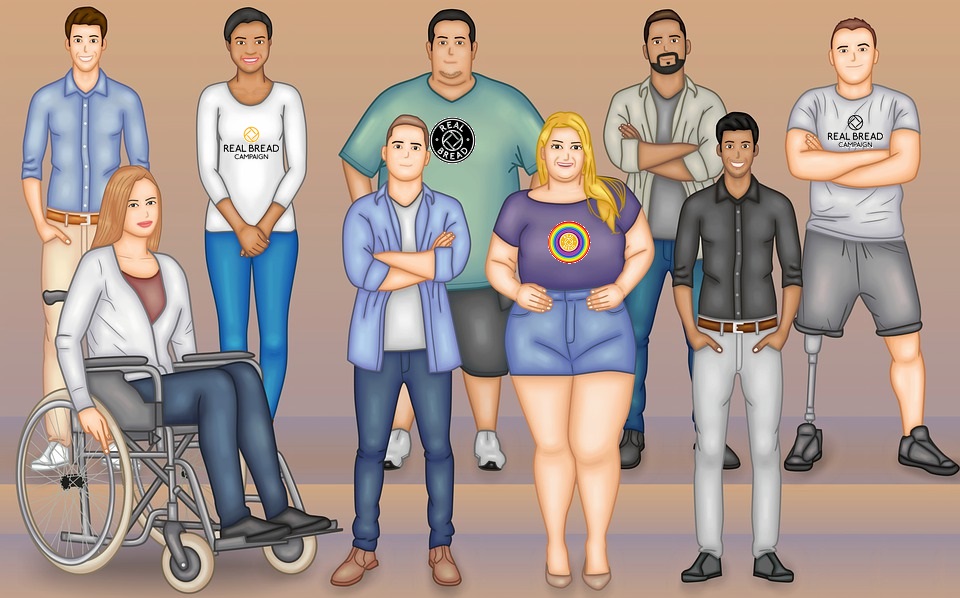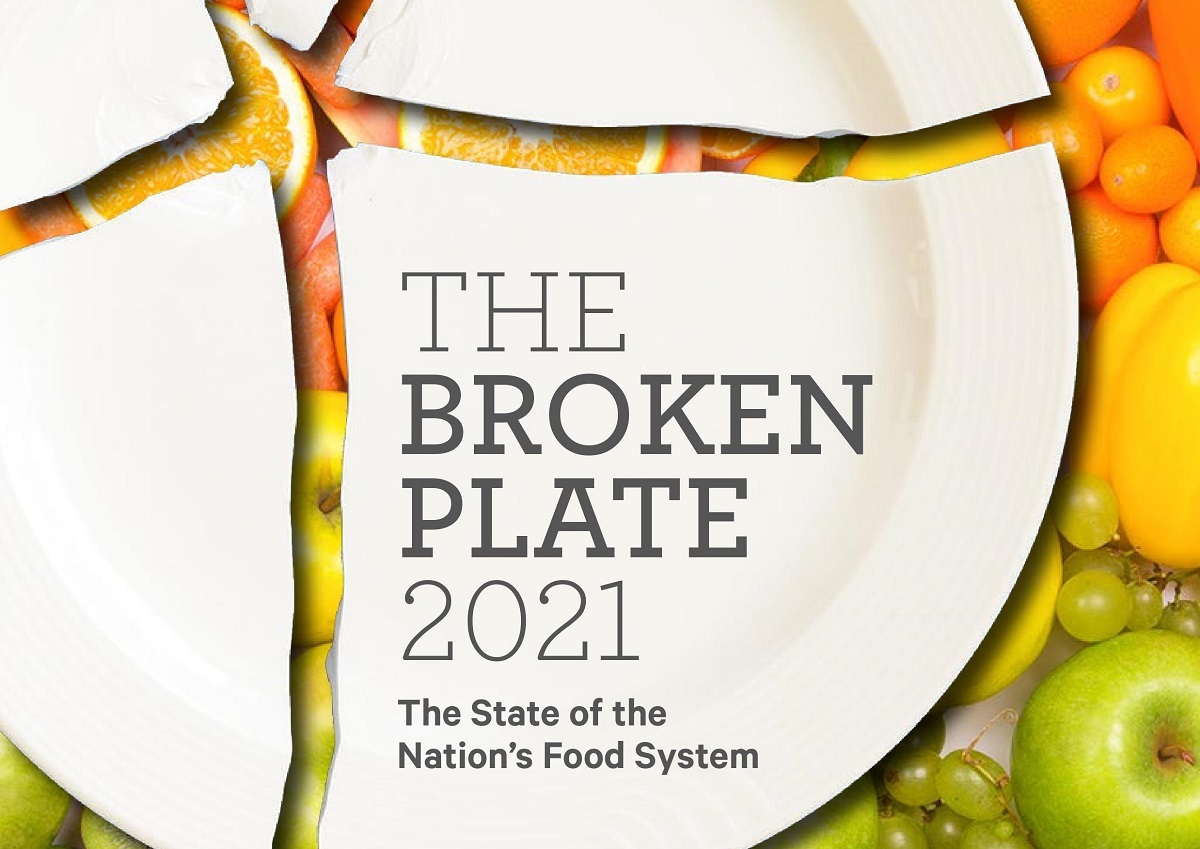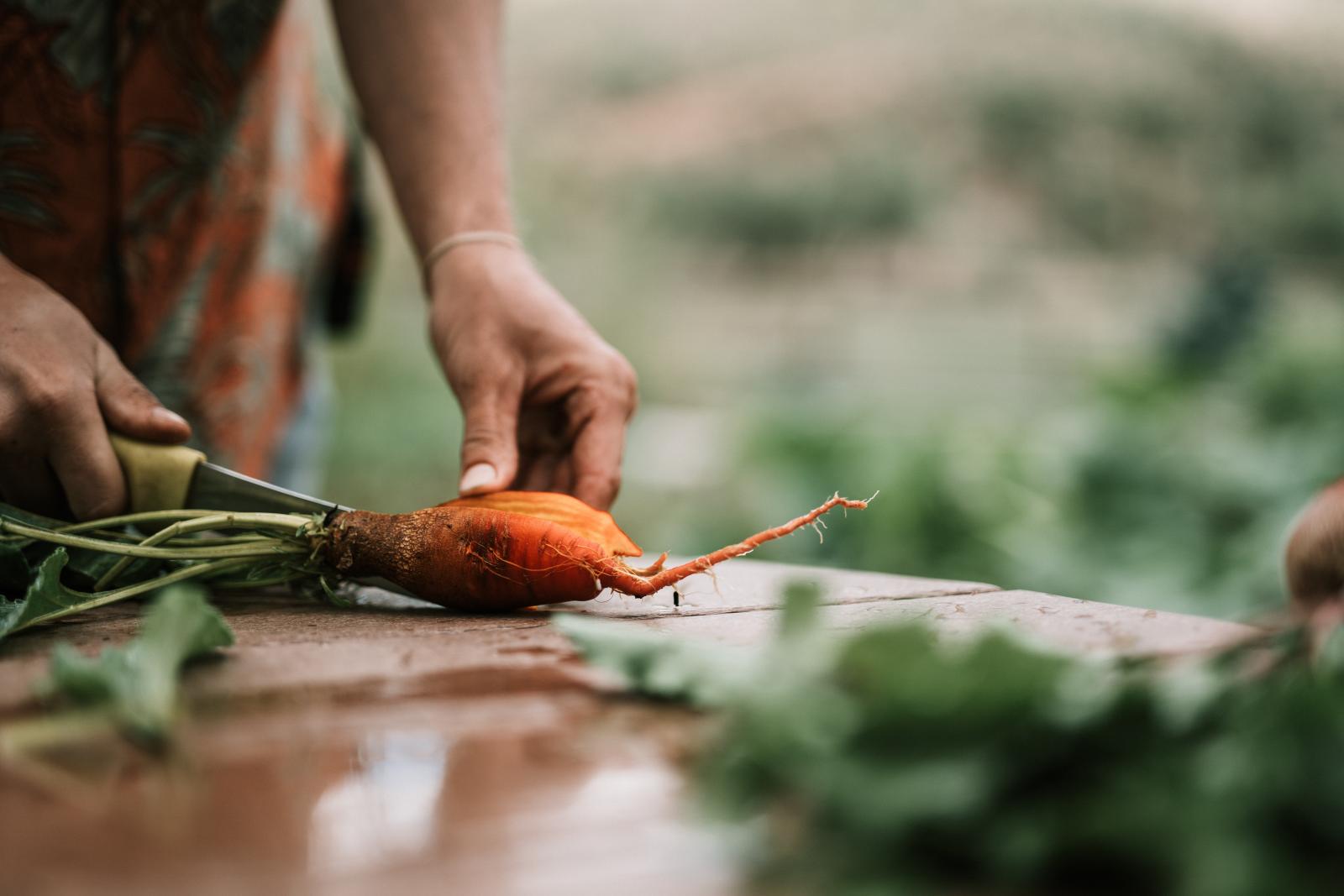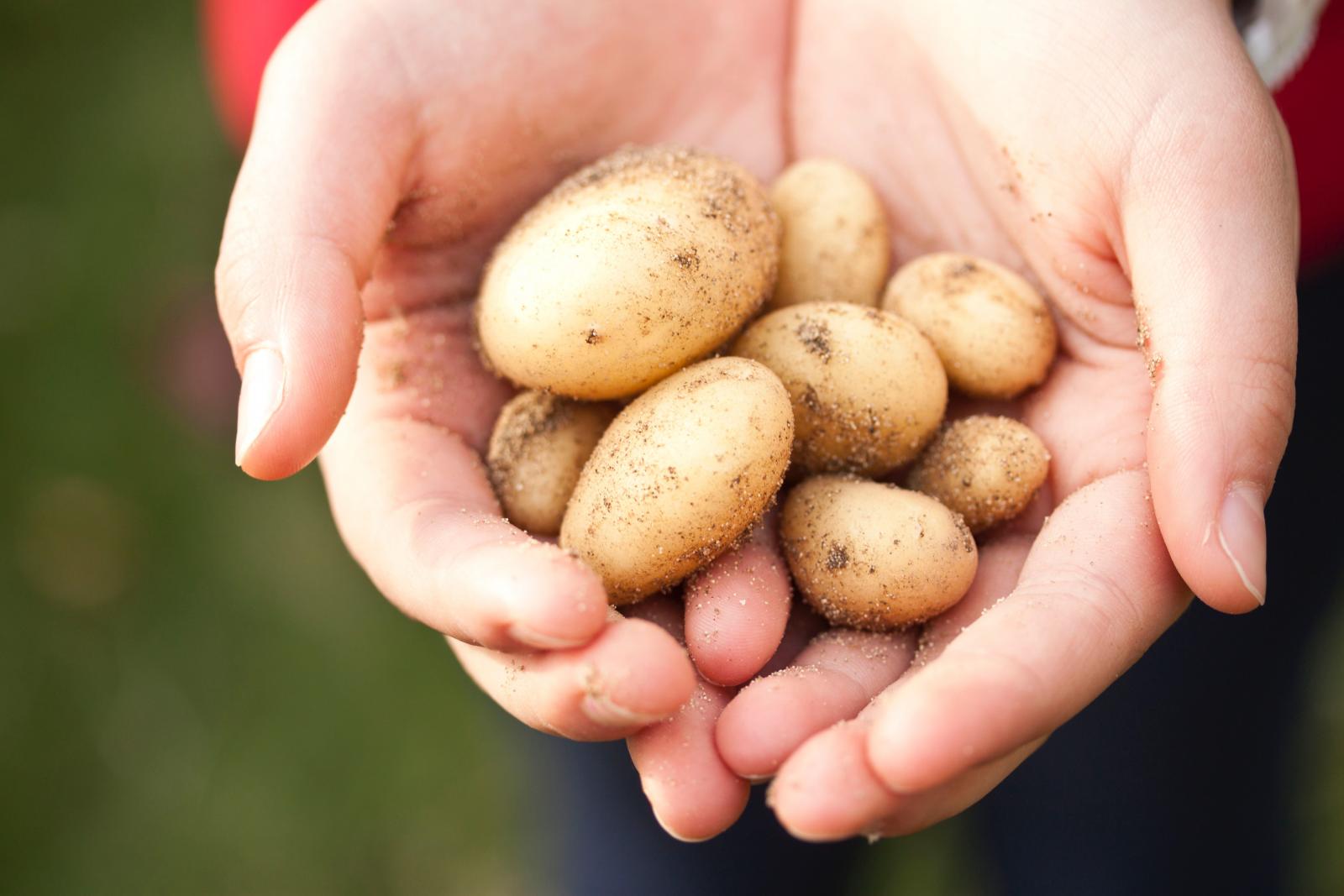One million pounds to tackle obesity, food poverty and climate change in UK cities
One million pounds is to be invested in the UK’s first ‘Sustainable Food Cities’ programme to use good food to address some of today’s most pressing social, economic and environmental problems including obesity, food poverty and climate change. The programme aims to transform access to local, affordable and sustainable food for people across the country within 500 metres of where they live.
Inspired by the pioneering efforts of places like Brighton (see notes), Bristol, London and Plymouth, 25 UK cities are the founding members of the Sustainable Food Cities Network led by the Soil Association, Food Matters and Sustain and funded by the Esmee Fairbairn Foundation. Six cities (yet to be chosen) will become inspirational examples of what cities and towns can do to transform their food culture. More than 100 urban areas across the UK are expected to join the network by the end of the three-year programme.
Speaking about the project, Tom Andrews, Soil Association programme manager of Sustainable Food Cities said; “The Sustainable Food Cities programme is about using food to improve people’s health and wellbeing, creating new businesses and jobs and reducing our impact on the environment. Food is not only at the heart of some of today’s greatest challenges but is also a vital part of the solution. The Sustainable Food Cities network will create cities where every school, hospital, restaurant and workplace canteen serve only healthy and sustainable meals; where everyone has access to affordable fresh, seasonal, local and sustainably produced food no matter where they live; and where people of all ages and backgrounds have opportunities to learn about, grow and cook food. It is about creating cities where good food is visible and celebrated in every corner and where people’s right to eat healthy and sustainable food is embedded into every relevant policy and strategy.”
The Sustainable Food Cities Network is an alliance of public, private and third sector organisations using food as a vehicle for driving positive changes. The Network helps people and places to share challenges, explore practical solutions and develop best practice in all aspects of sustainable food.
Ben Reynolds, Network Director at Sustain said: “With more than eighty per cent of us now living in urban areas, people in towns and cities can have a huge impact on our food system. What we grow, buy, cook or throw away can not only improve the health and well-being of our families, but also protect our countryside, wildlife and precious marine life, and improve the livelihoods of people on our doorstep and millions of miles away. The Sustainable Food Cities programme will help local communities to make that happen.”
Clare Devereux, Director at Food Matters said: “Our experience in Brighton and Hove has shown just what can be achieved if you get the right individuals and organisations together to develop a common vision of how they want to change their food system and then support them in turning that vision into reality. For many years, Brighton and Hove has been ahead of the game, but it is amazing how quickly and enthusiastically other towns and cities are now adopting similar approaches and starting to catch up.”
ENDS
For press enquiries please contact:
Natasha Collins-Daniel, Press Office Manager – 0117 914 2448 / 07827 925380 ncollins-daniel@soilassociation.org
Holly Black, Digital Communications and Press Officer – 0117 314 5170 hblack@soilassociation.org
Notes to editors
For more information about Sustainable Food Cities visit - www.sustainablefoodcities.org
Case Study - Brighton & Hove Food Partnership
This case study from Brighton & Hove – one of the founding members of the Sustainable Food Cities Network – demonstrates what can be achieved when a community takes coordinated action towards becoming a sustainable food city:
“We all know about the problems associated with the current food system. Ten years of food work in Brighton & Hove has shown how local people can find their own solutions, with food at the centre. Thousands of people in our city are involved – planting orchards and community gardens, teaching each other to cook or helping vulnerable people access affordable food. The launch of the Sustainable Food Cities Network is a big step forward and the Brighton & Hove Food Partnership is looking forward to both learning from and sharing with other places.”
Vic Borrill, Director, Brighton & Hove Food Partnership
Ten years ago Brighton & Hove established a Food Partnership to bring together health professionals, environmental activists, council employees and community members to look at the way in which the city produces, consumes and disposes of its food, what the consequences of this system are and what could be done to improve the food system.
The Food Partnership has a unique structure - an independent organisation, not part of the public sector, working at a community-level and working on all aspects of food and the links between them. We have grown steadily over the last 10 years and now have 3,200 local members who support our work. Given our success, many other cities are looking to set up their own 'food partnerships'.
• Brighton & Hove was one of the first cities to write a food strategy and is now one of the first to be creating a second version, with more than 75% of our goals achieved from the first document.
• Food issues are included in other strategic documents in the city, including the City Plan and One Planet Living Action Plan, helping to ensure we have council support and leading to, for example, access to more land for food growing.
• The Harvest project has been promoting food growing across the city and the number of food projects has tripled from 25 to 75. There are new food growing spaces in parks, on housing estates and even at a local train station. We have set up example leases and processes to make it easier for more projects to start in future.
• We run a range of community based cookery and nutrition courses, and last year 850 people were referred to our healthy weight programmes.
• Our 'community composting' network was set up due to the lack of food waste collection. Hundreds of households now take part and it is growing all the time. It is better than ordinary food waste collection as people just walk to their local compost bin to empty the caddies!
• We were recently awarded funding by the Esmée Fairbairn Foundation so that we can tackle some of the 'tricky issues' such as food poverty, local food infrastructure and skills.
Another example of policy success:
The Planning Advisory Note (PAN), drafted with the Council, encourages developers to incorporate food growing into new housing developments in the city (for example, through allowing for creative use of walls, roofs, balconies and edible landscaping at the start of the planning process). The Council signed off the Note, making Brighton & Hove the first local authority in the UK to adopt such planning advice, and this was covered on local television. In the twelve months following the Council’s endorsement of the PAN in Spring 2011, 44 out of 98 planning applications (45%) had proposed food growing as part of development.
*
The Council developed an online Sustainability Planning Checklist for developers to use, which has to be completed for all planning applications. ‘Harvest’ argued successfully for that checklist to include one question about space for food growing, and one about the distance to a shop selling fresh produce.
Published Friday 9 August 2013
Sustainable Food: What you can do - and ask others to do - to help make our food and farming system fit for the future.





